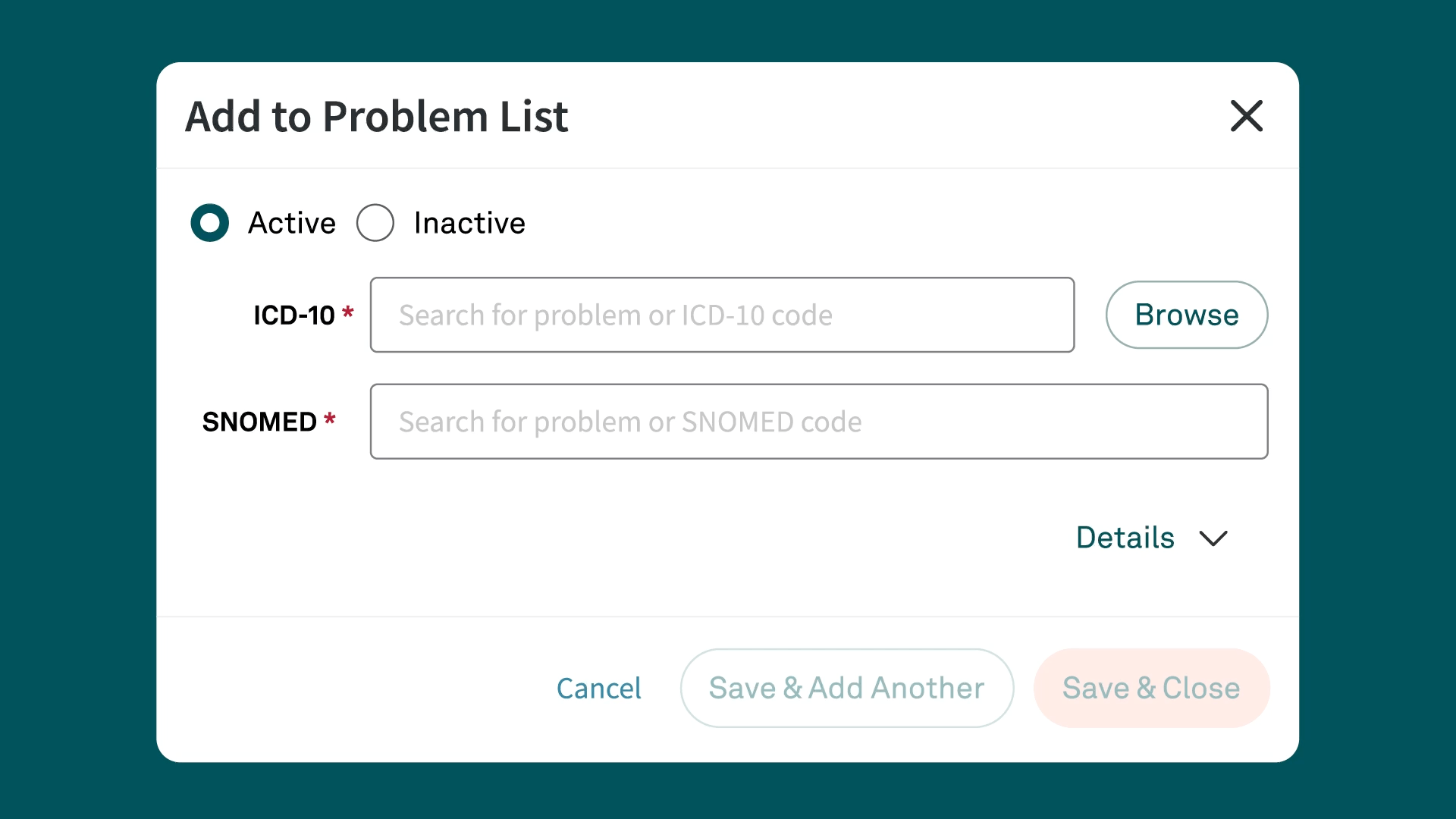ICD-10 Code R42
Dizziness and giddiness
What is the code R42?
R42 is the ICD-10-CM code for "dizziness and giddiness." This code is used by healthcare providers to document and bill for episodes where a patient experiences sensations of dizziness, light-headedness, or a feeling of unsteadiness.
Detailed description of R42
The ICD-10-CM code R42 is used when a patient presents with dizziness or giddiness and the underlying etiology has not been established.
Dizziness can manifest as a range of sensations, from a feeling of light-headedness to a sensation of spinning (vertigo). This code should not be used if the underlying cause of the dizziness, such as benign paroxysmal positional vertigo (BPPV), vestibular neuritis, or cardiovascular issues is identified.
Symptoms commonly associated with R42
Common symptoms associated with R42 include:
- Light-headedness
- A sensation of spinning or vertigo
- Unsteadiness or imbalance
- Fainting spells or near-fainting episodes
- Nausea or vomiting associated with dizziness
Related and similar ICD-10 codes
- H81.10: Benign paroxysmal vertigo, unspecified ear
- H81.23: Vestibular neuronitis, bilateral
- H81.311: Aural vertigo, right ear
- R55–: Syncope and collapse
- G90.9-: Disorder of the autonomic nervous system, unspecified
Appropriate usage of R42 for billing
Use R42 for billing when a patient presents with symptoms of dizziness or giddiness that are not attributed to a more specific diagnosis. Provider documentation of the patient's symptoms of dizziness or giddiness support assignment of this code.
This code is often used in primary care, neurology, and otolaryngology settings.
Coding guidelines and best practices
- Ensure comprehensive documentation of the patient's symptoms and any related assessments.
- Differentiate between dizziness and specific types of vertigo, as they may require different diagnostic codes.
- Avoid using R42 if a more specific diagnosis is determined after evaluation.
Common pitfalls in coding with R42
- Overlooking more specific diagnoses that could be coded instead of R42.
- Failing to document the patient's symptoms thoroughly, leading to potential issues with claim denials.
- Using R42 as a catch-all code without proper justification in the patient's medical record.
Instructional guidelines for coding R42
There is an excludes 1 note found at category R42, dizziness and giddiness for the following conditions:
- Vertiginous syndromes (H81.–)
- Vertigo from infrasound (T75.23)
Due to this instructional note, when the dizziness and giddiness is due to any of the listed conditions, only the condition noted in the excludes 1 note should be assigned and R42 would be omitted.
- According to the ICD-10-CM, codes that describe symptoms and signs, as opposed to diagnoses, are acceptable for reporting purposes when a diagnosis has not been established (confirmed) by the provider. Chapter 18 of ICD-10-CM, Symptoms, Signs, and Abnormal Clinical and Laboratory Findings Not Elsewhere Classified (codes R00–R99) contain many, but not all codes for symptoms.
- Refer to the ICD-10-CM guidelines section I.B.4., section I.C.18.a, and section I.C.18.b regarding proper coding of signs and symptoms, use of symptom codes and use of symptom codes with a definitive diagnosis code for general guidance that is applicable to coding dizziness and giddiness.
Key resources for R42 coding
Conclusion
ICD-10-CM code R42 is used for documenting and billing cases of dizziness and giddiness. Accurate usage of this code requires thorough documentation and an understanding of related symptoms and conditions. By adhering to coding guidelines and best practices, healthcare providers can ensure appropriate billing and optimal patient care.
Simplify ICD-10 code documentation with Tebra
Tebra’s EHR+ gives you quick searches and Systematized Nomenclature of Medicine (SNOMED) field names for efficient code documentation. Plus, Tebra automatically saves ICD-10 to SNOMED mapping for future searches, streamlining your workflow.

Discover how Tebra helps providers effortlessly document health-related issues and conditions in this detailed post.
Similar Codes
Stay Ahead with Expert Healthcare & Billing Insights
Get the latest industry updates, financial tips, and expert strategies — delivered straight to your inbox.
